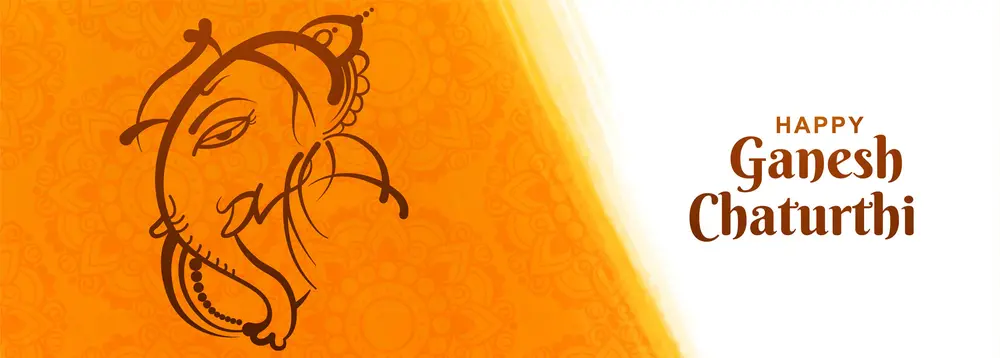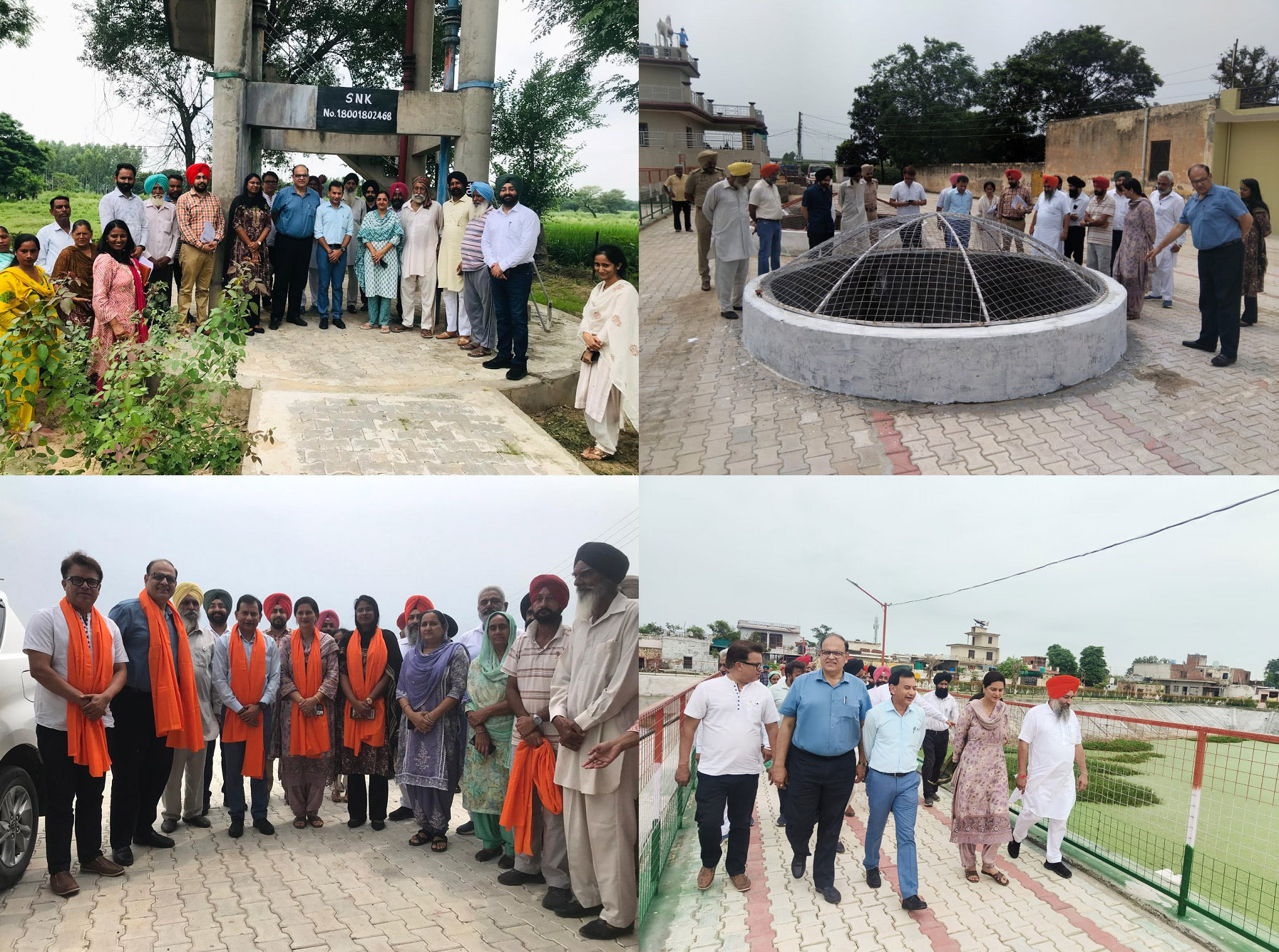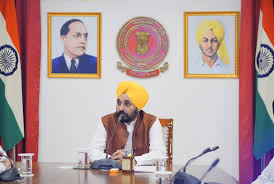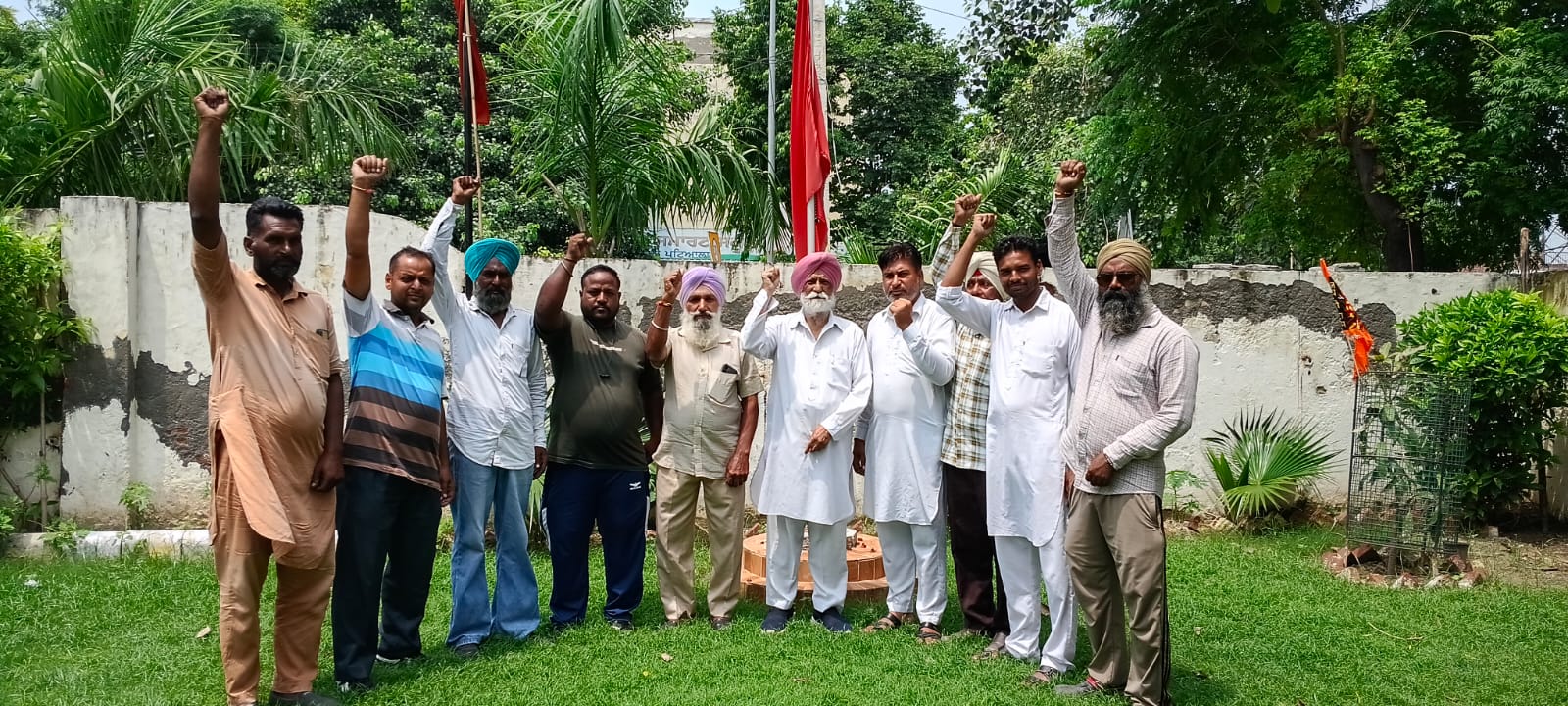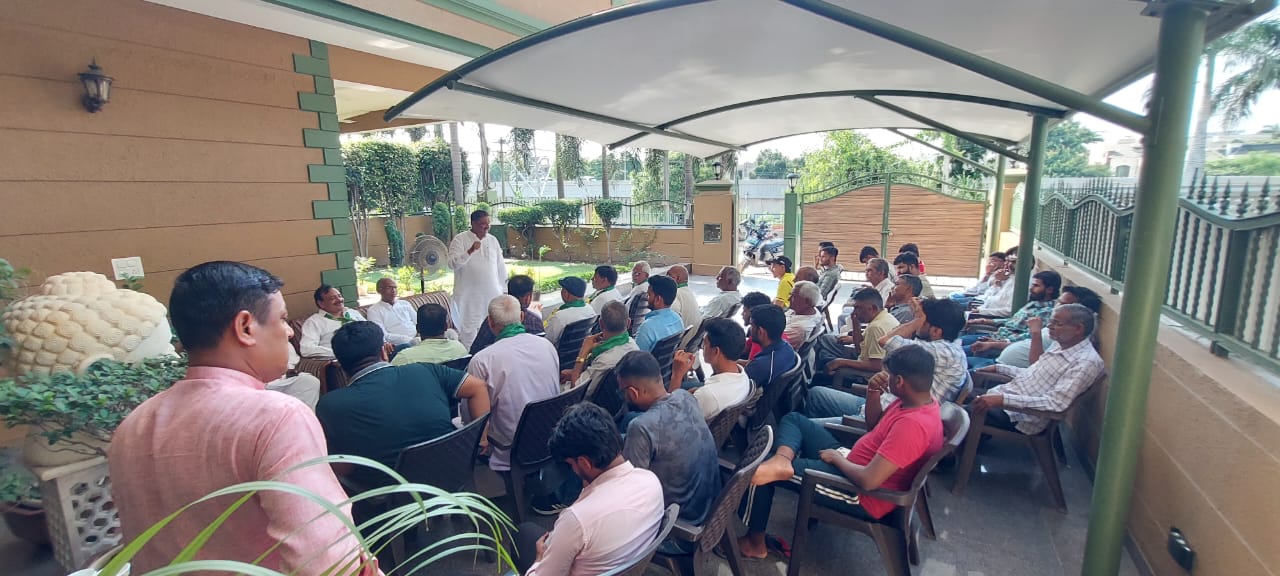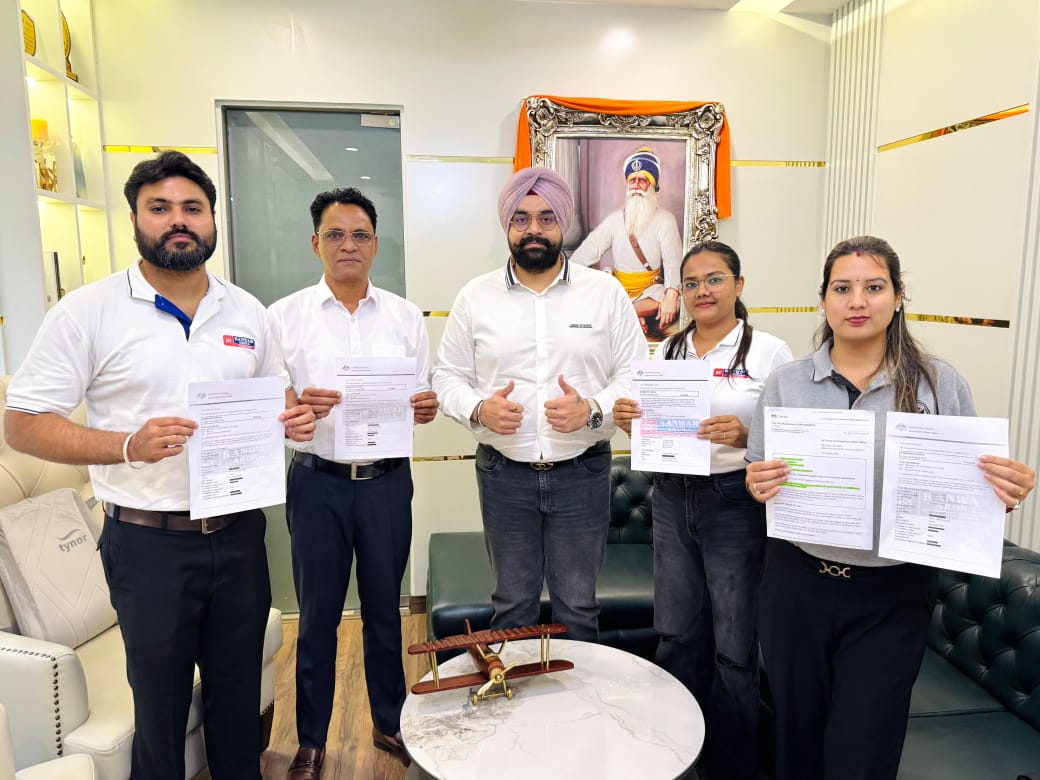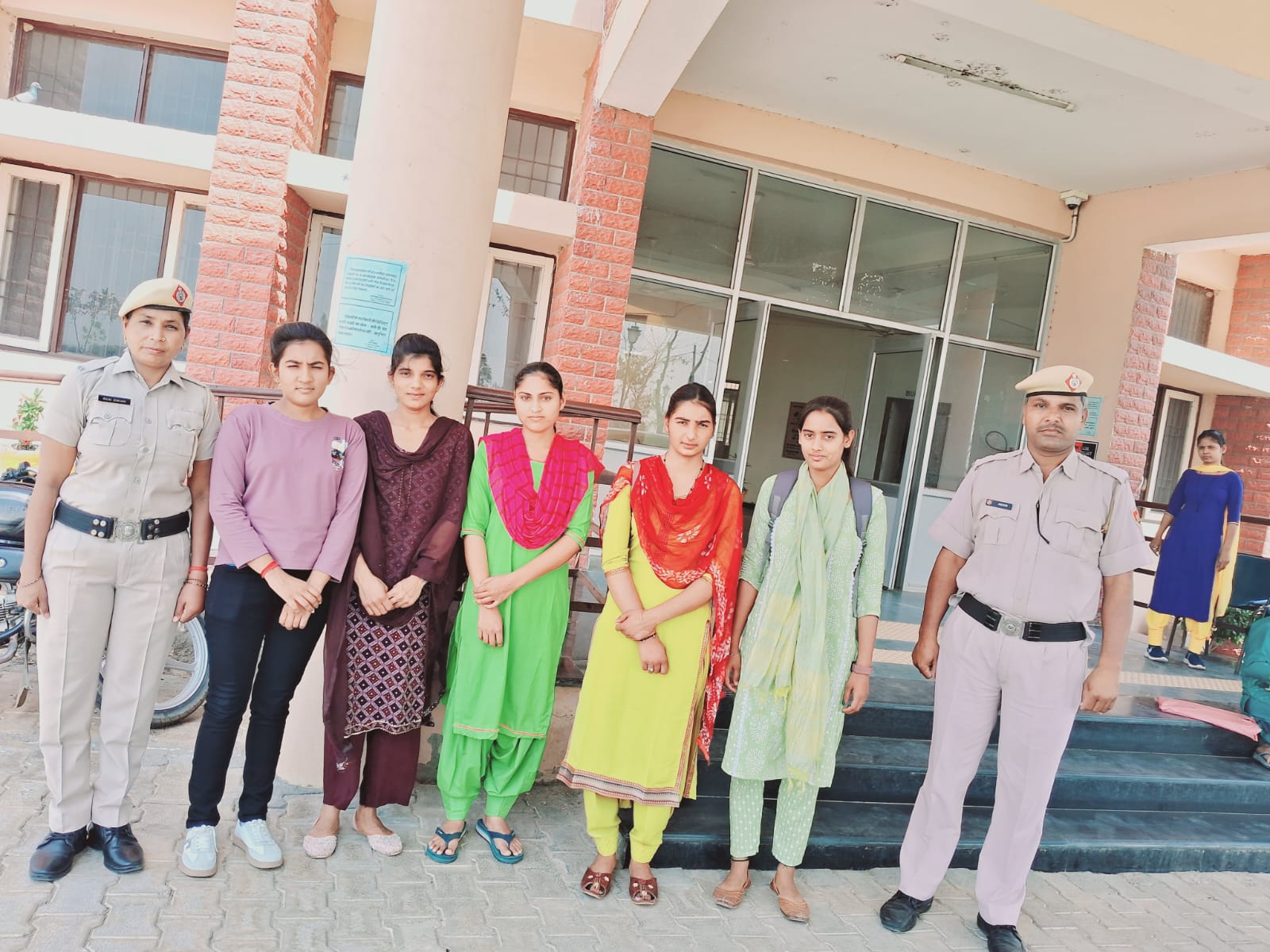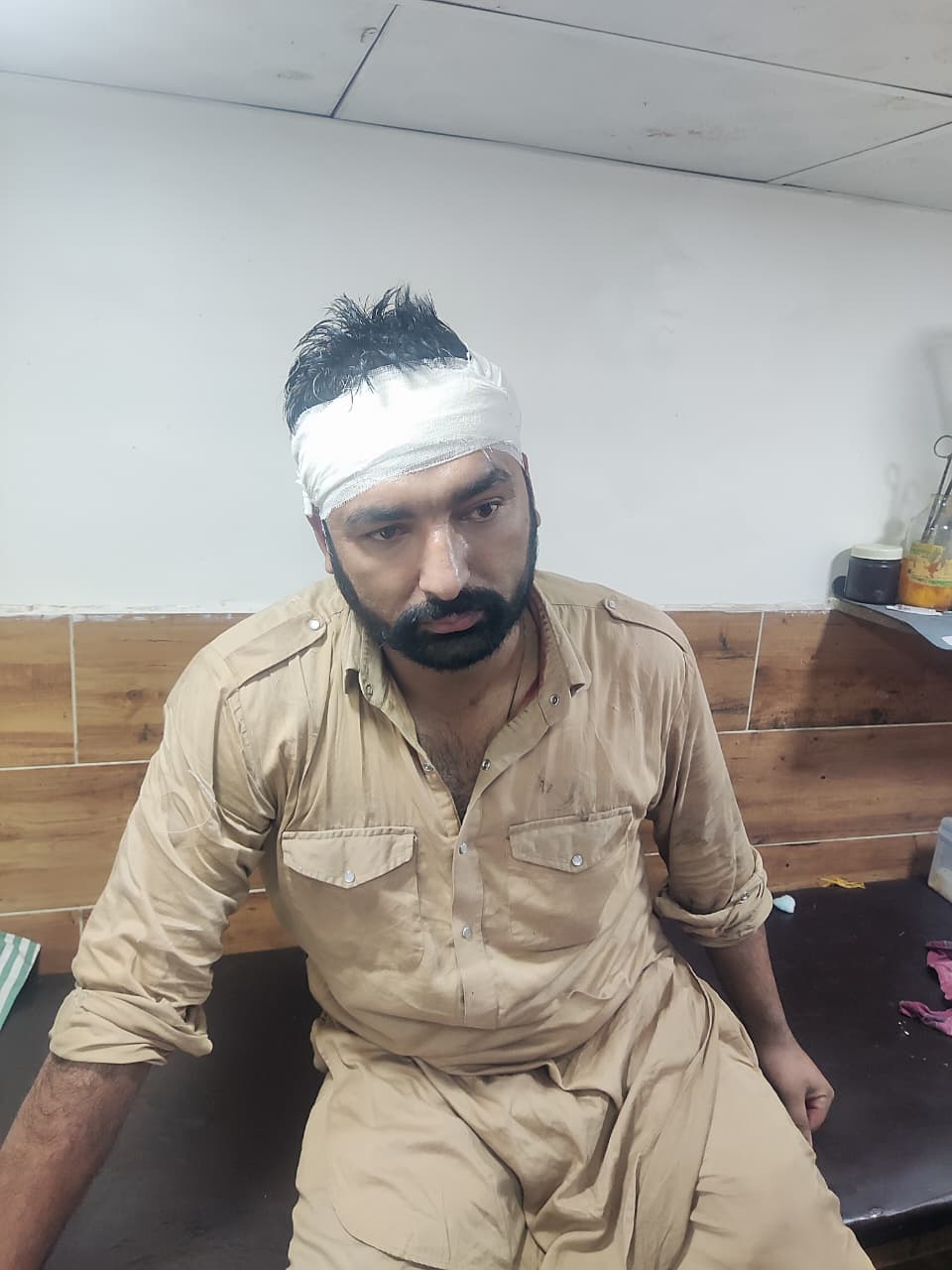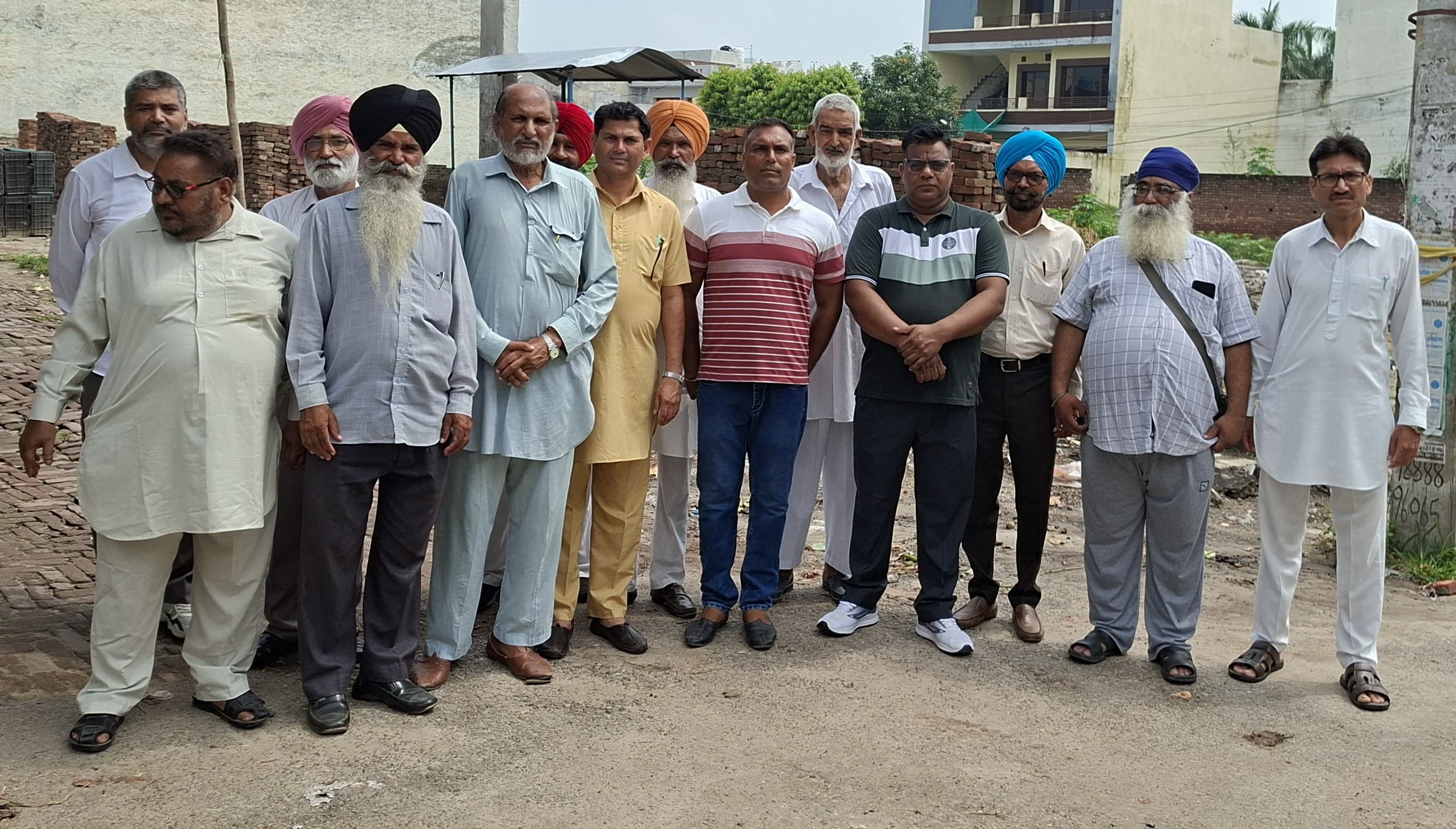
Amarjit Singh block president, Kanwaljit Singh Malhotra block social media president
Amarjit Singh block president, Kanwaljit Singh Malhotra block social media president, PS Joshi secretary and other volunteers during election campaign with Aam Aadmi Party candidate from Patiala Lok Sabha constituency and Health Minister Punjab Dr. Balbir Singh.
Amarjit Singh block president, Kanwaljit Singh Malhotra block social media president, PS Joshi secretary and other volunteers during election campaign with Aam Aadmi Party candidate from Patiala Lok Sabha constituency and Health Minister Punjab Dr. Balbir Singh.
